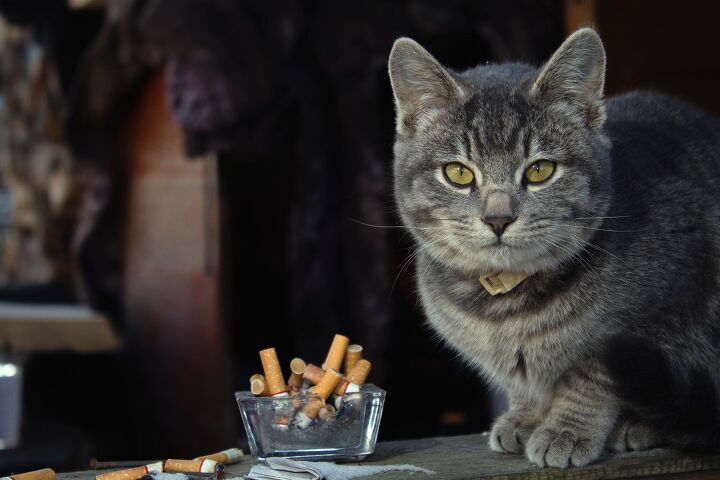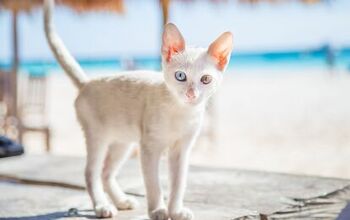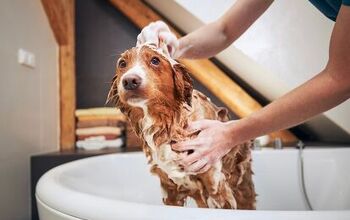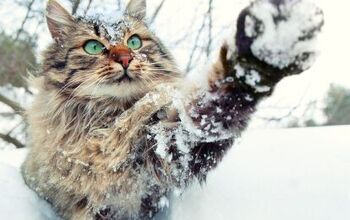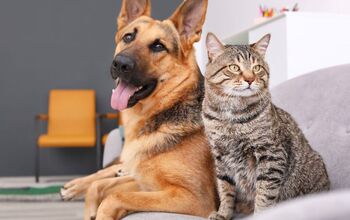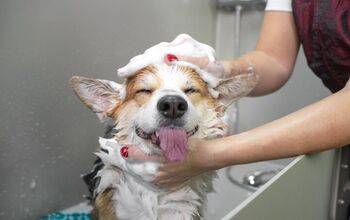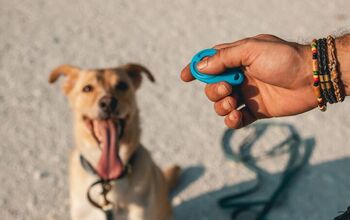The Unseen Threat: Dangers of Secondhand Smoke for Your Pet

Most people are well aware of the dangers of smoking. They understand what smoking does to their bodies and know the potential health risks of lighting up a cigarette. But did you know that exposure to secondhand smoke may have serious health consequences for your pets?
It’s no secret that smoking is bad for people. In the United States, between 80% to 90% of lung cancer deaths are linked to cigarette smoking. Secondhand smoking is also linked with an increased risk of other forms of cancer, such as breast and colorectal cancer, heart and respiratory disease.
Studies have shown that more than 50% of bladder cancer cases in humans are caused by cigarette smoking. A recent study involving Scottish terriers found a link between cigarette smoke exposure and bladder cancer.
Cancer is one of the leading causes of death in dogs, and many pooches are diagnosed with some form of this terrible disease. Although many factors may predispose a pet to cancer, research shows that passive smoking is a main danger.
Scientists from the College of Veterinary Medicine at Purdue University discovered that Scottish terriers who were exposed to secondhand smoke at home were six times more likely to develop bladder cancer than those who were not routinely exposed to smoke.
Passive smoking is also linked with nasal cancer in dogs. This type of cancer is often diagnosed in long-nosed breeds such as collies, greyhounds, and borzois.
The increased surface area in their nasal canals traps inhaled particles, allowing carcinogens from tobacco smoke to accumulate in the nasal mucus. As a result, long-nosed dogs are at a greater risk of developing tumors in their snouts.
On the other hand, brachycephalic or short-nosed dog breeds, such as pugs and French bulldogs, are more likely to develop lung cancer. Their short noses aren’t as effective at trapping inhaled particles and allow more carcinogens to reach the lungs.
Being exposed to smoke increases the risk that your dog will develop cancer, but that’s not all. Pooches that live with smokers are more likely to develop asthma, bronchitis, and other respiratory problems.
Dogs aren’t the only pets to suffer the consequences of inhaling secondhand smoke on a daily basis. Cats, birds, and small critters like guinea pigs and rabbits are also at risk.
Cats that live with smokers are more likely to develop asthma and lung cancer. Felines that inhale secondhand smoke regularly also have a higher incidence of malignant lymphoma.
Studies have found higher nicotine concentrations in the hair of cats living with smokers than those living in smoke-free homes. The same is true for dogs living with smokers, no matter whether their owners smoked inside or outside.
Cats are famous for being fastidious groomers, but licking the fur puts them at risk of ingesting even more toxic particles from secondhand smoke than simply inhaling them. Felines that groom excessively can develop oral tumors from licking toxic particles off their fur.
Secondhand smoke alone isn't responsible for all health problems seen in cats and dogs. Diet, genetics, lifestyle, and exposure to other potentially toxic substances in the environment combined affect the pet’s overall health.
Owners concerned with the well-being of their four-legged companions should be more aware of the air quality in their homes and make necessary lifestyle changes.
Choosing to smoke outside can minimize some risks associated with exposure to secondhand smoke. Improving ventilation, opening the windows, and using air filters can help too. However, it’s important to note that even a low exposure to secondhand smoke can be harmful to your four-legged companion.
Quitting smoking is hard, but knowing how secondhand smoke affects your pet’s health may motivate you to put down that cigarette once and for all!
Join the PetGuiJoin the PetGuide community. Get the latest pet news and product recommendations by subscribing to our newsletter here.

Nevena is a freelance writer and a proud mom of Teo, a 17-year-old poodle, and Bob, a rescued grey tabby cat. Since childhood, she had a habit of picking up strays and bringing them home (luckily, her parents didn't know how to say NO). When she's not writing for her fellow pet parents, Nevena can be found watching Teo sleep. To her defense, that's not as creepy as it sounds!
More by Nevena Nacic



